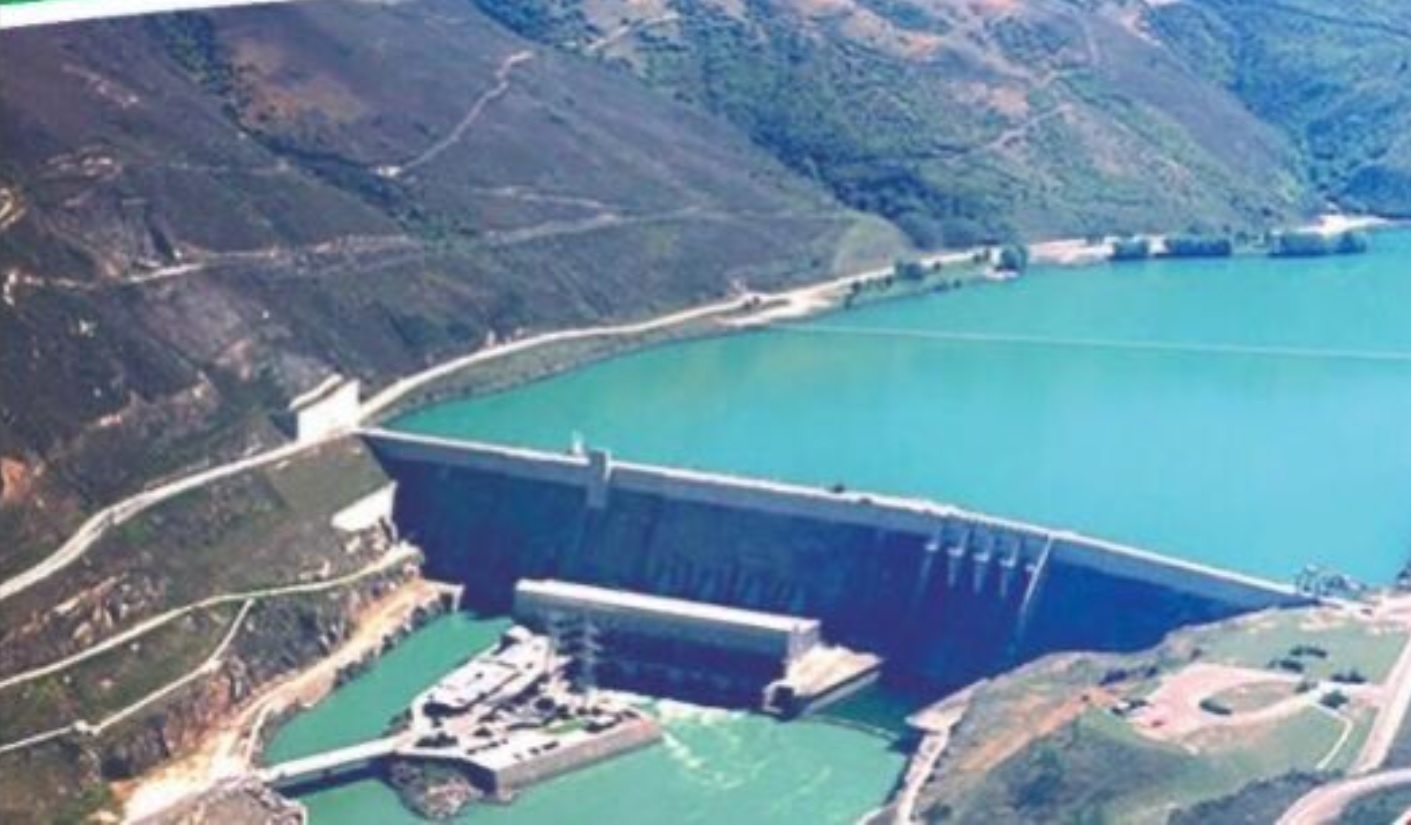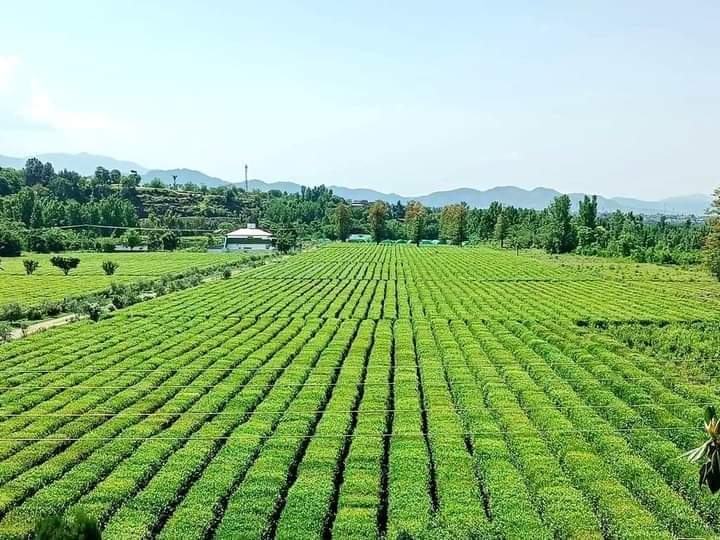ghazi52
PDF THINK TANK: ANALYST

- Joined
- Mar 21, 2007
- Messages
- 101,792
- Reaction score
- 106
- Country
- Location
CPEC route carries potential for tea plantation
https://nation.com.pk/NewsSource/inp
INP
January 23, 2021
ISLAMABAD - China has a big role to play in promoting Pakistan’s tea industry, as potential suitable sites and land for tea cultivation is located alongside the China-Pakistan Economic Corridor (CPEC), says a report published by Gwadar Pro, quoting experts.
Pakistan has identified 64,000 hectares of area as suitable for tea cultivation along the CPEC’s route, according to Dr. Abdul Waheed, Director of the National Tea and High Value Crops Research Institute (NTHRI).
However, tea is currently cultivated on around 200 acres of land only. The area of Shinkiari in Manshra alone produces seven to eight tons of tea annually.
“If we grow tea on 64,000 hectares of land, Pakistan will not only be self-sufficient in tea but will also export tea products to other countries,” said Dr. Abdul Waheed.
Some farmers have already planted tea at various acreage but mostly very low percentage as the market demand for green tea leaf from farmers is very low. No regulatory or management agency is involved to promote tea plantation by farmers. Thus, the progress so far is very slow.
The Planning Commission of Pakistan has recently completed the tea cluster study under the Agriculture Transformation initiative for commercialization of tea in Hazara and Malakand with a view to reduce the ever-increasing tea imports bill and loss of foreign currency drained on tea import.
According to experts, besides reducing soil erosion and forest degradation, the bushy plants of tea can reduce global warming and can help promote eco-tourism in northwestern part of Pakistan. The rise in tea plantation can also lead to large-scale job opportunities in agriculture and industrial sectors.
As potential suitable sites and land for tea cultivation is located alongside CPEC, China has a big role to play in promoting tea on a commercial scale through joint ventures and technical and financial support, they added.
https://nation.com.pk/NewsSource/inp
INP
January 23, 2021
ISLAMABAD - China has a big role to play in promoting Pakistan’s tea industry, as potential suitable sites and land for tea cultivation is located alongside the China-Pakistan Economic Corridor (CPEC), says a report published by Gwadar Pro, quoting experts.
Pakistan has identified 64,000 hectares of area as suitable for tea cultivation along the CPEC’s route, according to Dr. Abdul Waheed, Director of the National Tea and High Value Crops Research Institute (NTHRI).
However, tea is currently cultivated on around 200 acres of land only. The area of Shinkiari in Manshra alone produces seven to eight tons of tea annually.
“If we grow tea on 64,000 hectares of land, Pakistan will not only be self-sufficient in tea but will also export tea products to other countries,” said Dr. Abdul Waheed.
Some farmers have already planted tea at various acreage but mostly very low percentage as the market demand for green tea leaf from farmers is very low. No regulatory or management agency is involved to promote tea plantation by farmers. Thus, the progress so far is very slow.
The Planning Commission of Pakistan has recently completed the tea cluster study under the Agriculture Transformation initiative for commercialization of tea in Hazara and Malakand with a view to reduce the ever-increasing tea imports bill and loss of foreign currency drained on tea import.
According to experts, besides reducing soil erosion and forest degradation, the bushy plants of tea can reduce global warming and can help promote eco-tourism in northwestern part of Pakistan. The rise in tea plantation can also lead to large-scale job opportunities in agriculture and industrial sectors.
As potential suitable sites and land for tea cultivation is located alongside CPEC, China has a big role to play in promoting tea on a commercial scale through joint ventures and technical and financial support, they added.










